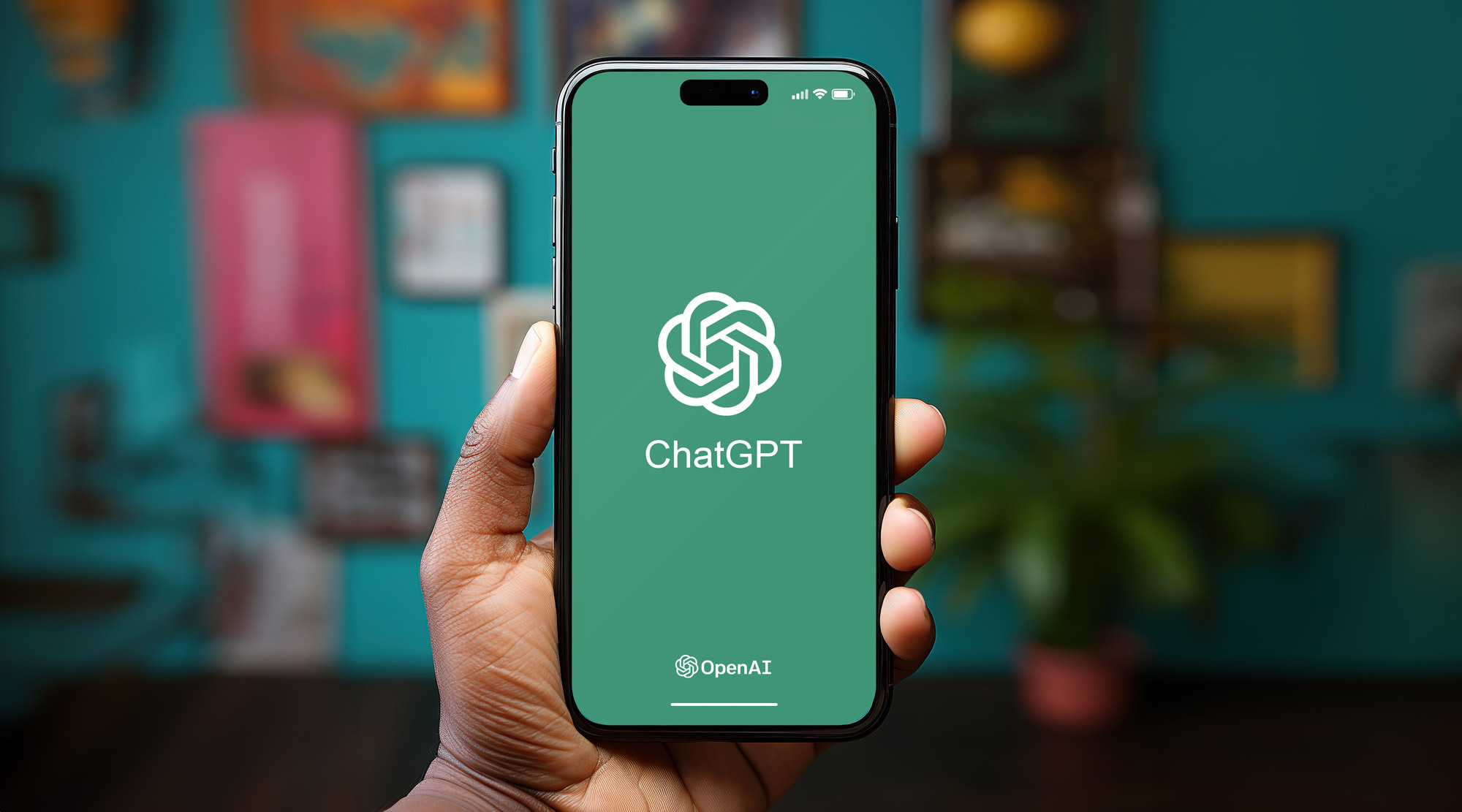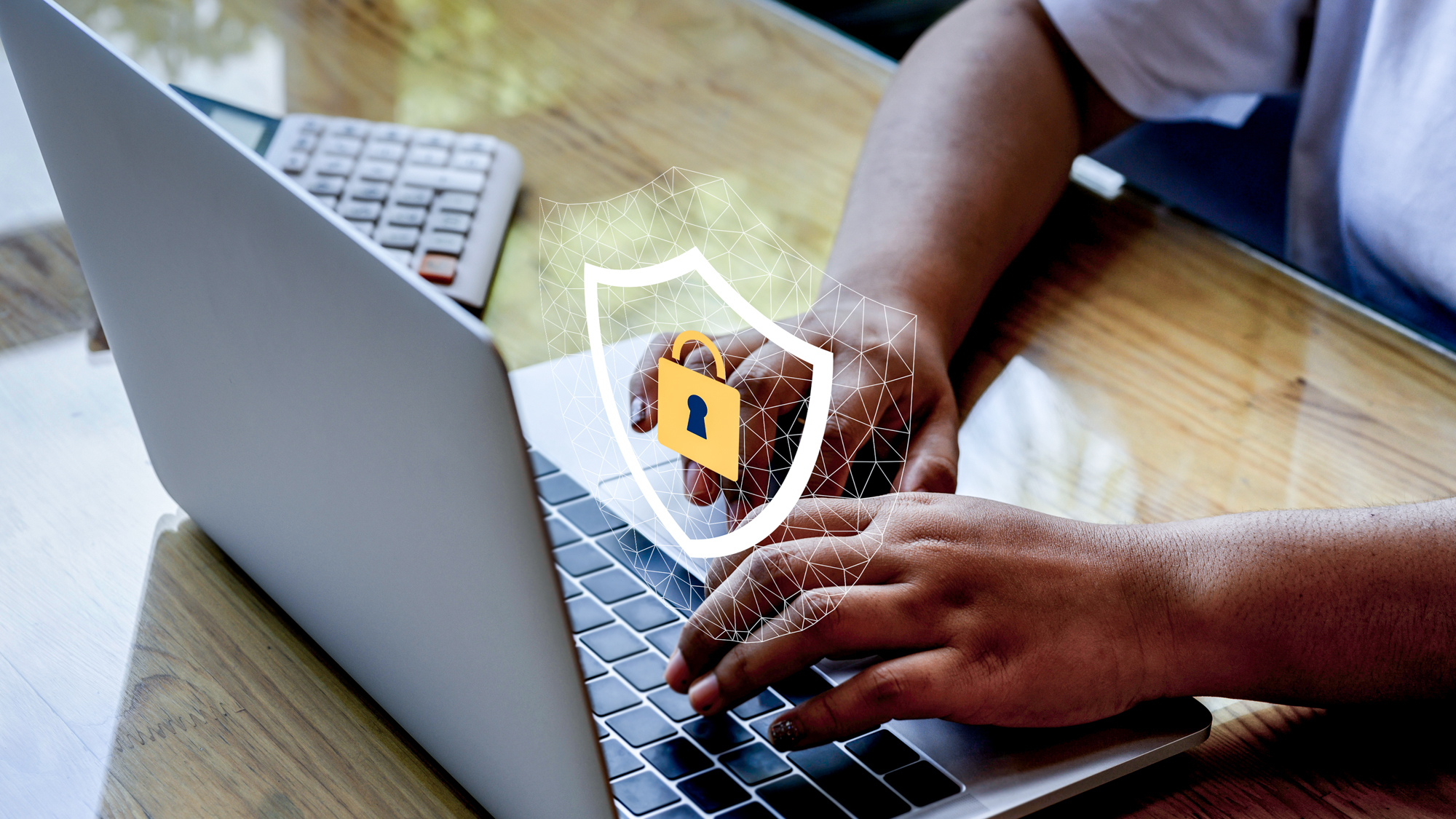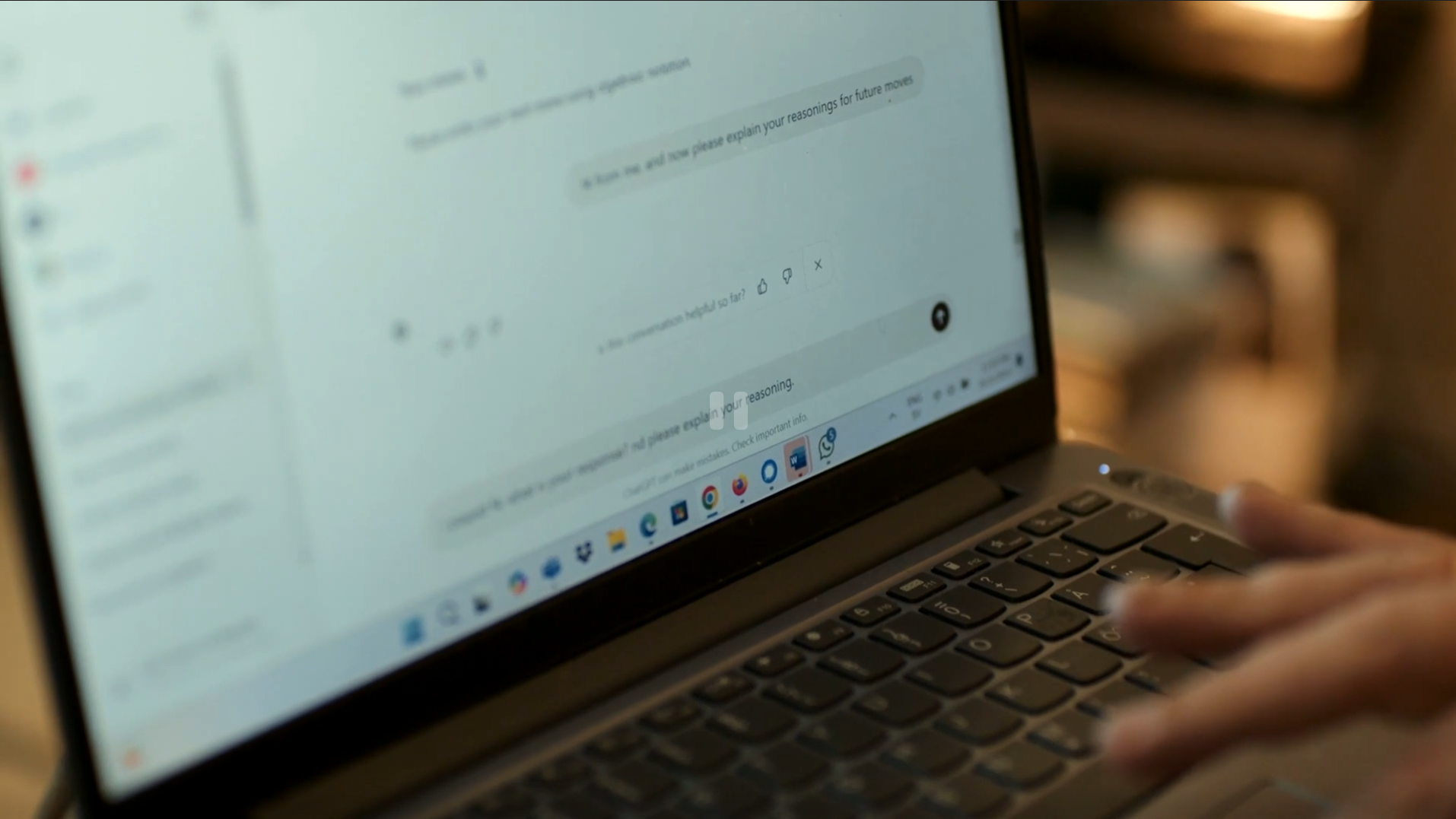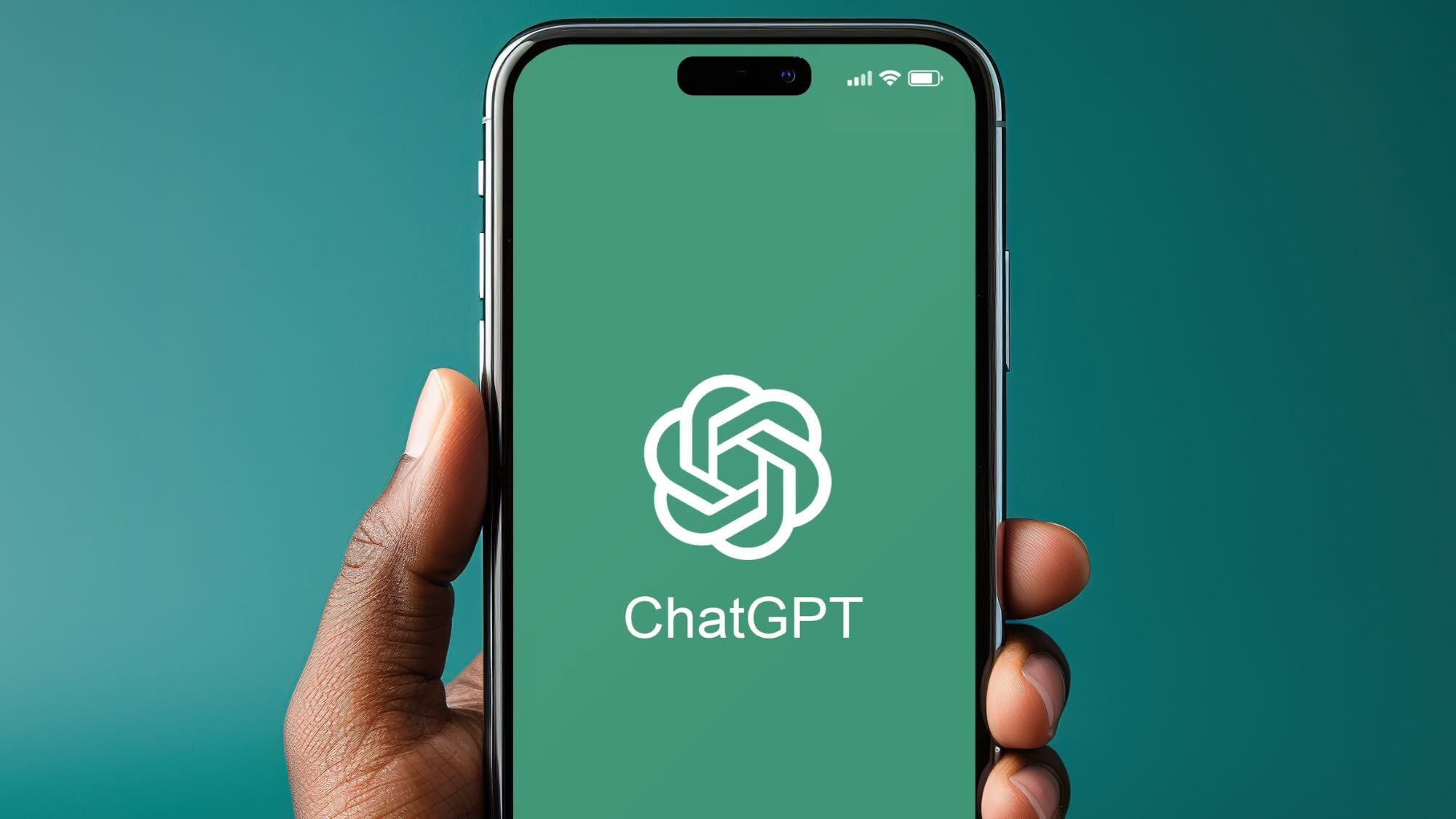Think twice before sharing your AI subscription — 7 reasons it’s a terrible idea
There's a lot that could go wrong

Here at Tom’s Guide our expert editors are committed to bringing you the best news, reviews and guides to help you stay informed and ahead of the curve!
You are now subscribed
Your newsletter sign-up was successful
Want to add more newsletters?

Daily (Mon-Sun)
Tom's Guide Daily
Sign up to get the latest updates on all of your favorite content! From cutting-edge tech news and the hottest streaming buzz to unbeatable deals on the best products and in-depth reviews, we’ve got you covered.

Weekly on Thursday
Tom's AI Guide
Be AI savvy with your weekly newsletter summing up all the biggest AI news you need to know. Plus, analysis from our AI editor and tips on how to use the latest AI tools!

Weekly on Friday
Tom's iGuide
Unlock the vast world of Apple news straight to your inbox. With coverage on everything from exciting product launches to essential software updates, this is your go-to source for the latest updates on all the best Apple content.

Weekly on Monday
Tom's Streaming Guide
Our weekly newsletter is expertly crafted to immerse you in the world of streaming. Stay updated on the latest releases and our top recommendations across your favorite streaming platforms.
Join the club
Get full access to premium articles, exclusive features and a growing list of member rewards.
Sharing an AI subscription with a friend or family member sounds harmless, especially when plans can get pricey. But giving someone the login information to your ChatGPT, Gemini or Claude account is nothing like sharing a Netflix password. These tools store your prompts, process personal data and when enabled, even remember your preferences.
When you share your account, you’re not just giving someone access to an AI — you’re handing over your digital identity, your past conversations and potentially sensitive information you don't remember and never meant to share.
Why this matters now

Because LLMs are no longer simple chatbots, there is so much more on the line when you hand over your password, even if it's to someone you trust. Chatbots are far more integrated than ever into your email, your browser, your work documents and sometimes even your smart glasses.
That means your history may include sensitive searches, drafts, negotiations, family information or health questions. Autofill and memory features can surface that data even when someone else is in a new chat.
With linked integrations like Gemini's connection to Google Workspace, ChatGPT's integration into Spotify and Canva, or Claude's connections, there's N added layer of risk because someone could access files without realizing it.
Some tools retain conversation context, meaning, another user might accidentally trigger your previous queries.
In short: the more personal these tools get, the more dangerous it is to share them. Here are seven reasons why you should never share your AI account.
Privacy risks you probably haven’t considered
1. Your entire prompt history becomes visible

Every late-night question, work draft, school project or budgeting prompt is right there in plain view. Many people don’t realize how much sensitive information they feed into AI tools, which include conversations you may not want anyone else to see. From salary negotiation helps to mental health questions or medical concerns, it's best to keep your subscription to yourself so others don't get immediate access to everything you're asking chatbots like ChatGPT.
2. Auto-context can leak your data

Features like ChatGPT Memory, Gemini's personalization or Claude’s recall can surface your preferences or past details inside a new conversation.
Get instant access to breaking news, the hottest reviews, great deals and helpful tips.
Someone else using your account could trigger private info unintentionally. Even without prompting it exactly for your sensitive content, if someone inside your account asks a new query, the chatbot could refer to past chats and integrate that information into a new query for someone using your account. It's really not worth the risk, even someone is using your free account.
3. Cross-account confusion can ruin your work

If you use AI for writing, coding or research, another person’s prompts can pollute your model suggestions — meaning, your queries come back with someone else's tone, coding suggestions get messy or project context becomes inaccurate. Your chatbot could be more susceptible to hallucinations if it's used by more than one person because the model starts “learning” from conversations that aren’t yours.
Security risks nobody talks about

4. Linked logins can expose other accounts

If your AI account is connected to any of the following, be careful:
- Google Drive
- Gmail
- GitHub
- Slack
- Notion
Another user could unintentionally access or manipulate connected content. I don't know about you, but unlinking all of those accounts just to let someone use mine, doesn't seem worth it. The time and interruption to my productivity would cause too many headaches.
5. Payment details may be visible

Now that ChatGPT has shopping capabilities, your billing info, receipts or subscription settings can easily be accessed by someone else logged into your plan.
So whether you're ordering a pizza with ChatGPT or something else, you might discover purchases that you didn't make.
6. Risk of violating terms of service

Most AI companies explicitly ban account sharing. You could get locked out, flagged for suspicious activity or required to re-verify identity. Some providers even use behavioral signals to detect multiple users (typing patterns, device IDs, etc.).
Not to mention, if you're using AI for work, letting someone else into that account might violate data-sharing rules, compliance requirements or other agreements.
7. You’re responsible for everything they do

With your prompt history, voice style and memory data, another user could generate content that sounds exactly like you — and you’d have no control over it.
If they break the rules, leak info or generate prohibited content, your account gets flagged.
Even in a household, it gets risky for many reasons:
- Kids can accidentally access adult or private conversations
- Memory features can surface sensitive stuff
- Connected apps like Gmail or Drive may reveal far more than you intended
- Your browsing or research history is effectively open to them
- Mixed prompts can corrupt personalization
Final thoughts
AI accounts aren’t like Netflix accounts — they’re more like handing someone your unlocked phone. As these tools learn more about us, store more data and integrate deeper into our work and personal lives, account sharing becomes a major privacy, security and even professional liability risk.
If you’re tempted to share an AI subscription to save a few dollars, don’t. The risks far outweigh the cost.
More from Tom's Guide
- Gemini 3 just launched — here are 5 powerful features you need to try first
- I used Nano Banana to make my family's holiday card — here how I did it (and how it came out)
- I just tested Gemini 3 vs ChatGPT-5.1 — and one AI crushed the competition
Follow Tom's Guide on Google News and add us as a preferred source to get our up-to-date news, analysis, and reviews in your feeds.


Amanda Caswell is an award-winning journalist, bestselling YA author, and one of today’s leading voices in AI and technology. A celebrated contributor to various news outlets, her sharp insights and relatable storytelling have earned her a loyal readership. Amanda’s work has been recognized with prestigious honors, including outstanding contribution to media.
Known for her ability to bring clarity to even the most complex topics, Amanda seamlessly blends innovation and creativity, inspiring readers to embrace the power of AI and emerging technologies. As a certified prompt engineer, she continues to push the boundaries of how humans and AI can work together.
Beyond her journalism career, Amanda is a long-distance runner and mom of three. She lives in New Jersey.
You must confirm your public display name before commenting
Please logout and then login again, you will then be prompted to enter your display name.
 Club Benefits
Club Benefits




















